Ethiopia's Tigray Region Defies PM Abiy With 'Illegal' Election
Ageing war veterans and university students joined long lines in Ethiopia's northern Tigray region to vote Wednesday in a parliamentary election that Prime Minister Abiy Ahmed's government has deemed illegal.
The election represent the latest challenge to Abiy's authority as he navigates a democratic transition hobbled by deep political and ethnic divisions, and a low point in the bitter dispute between Tigray and the federal government in Addis Ababa.
Voters across the mountainous region queued up before dawn at polling stations in defiance of a decision by Addis Ababa to postpone all elections because of the coronavirus pandemic.
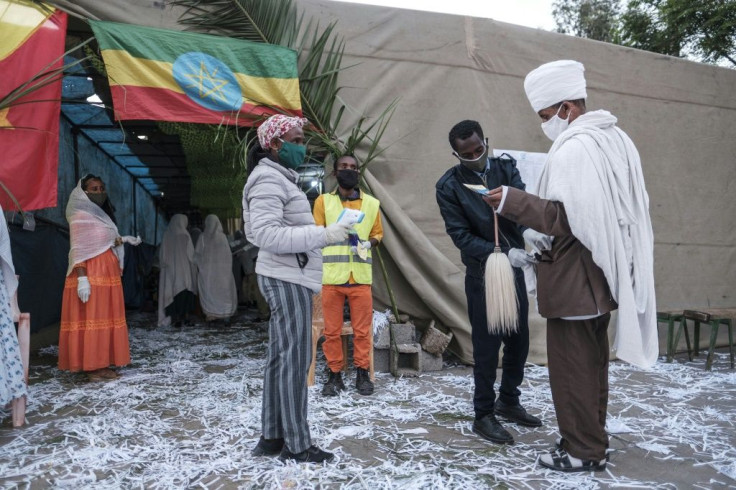
The regional election commissioner, Muluwork Kidanemariam, reported turnout of 98 percent -- out of more than 2.6 million registered voters -- after polls closed at 6pm (1500 GMT).
"Now we have to count the whole night so we can have the results by tomorrow," he told AFP.
Tigray, which shares a border with Eritrea and Sudan, is one of Ethiopia's 10 semi-autonomous regions organised broadly along ethnic lines.
It dominated Ethiopian politics for nearly three decades before anti-government protests swept Abiy -- from the Oromo community -- to power in 2018.
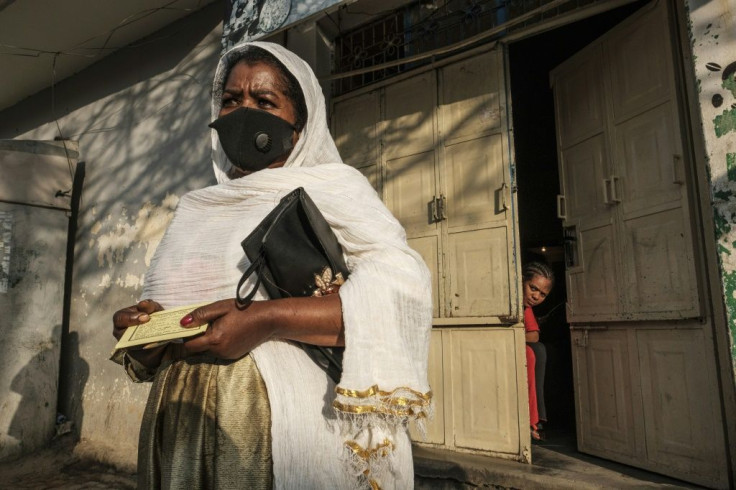
Ethiopia was supposed to hold national elections in August, but the national poll body announced in March they would need to be postponed because of the pandemic.
Tigrayan leaders rejected the extension of mandates -- which would have expired in October -- contending Abiy will have no legitimacy after that.
Their decision to hold their own elections has rankled federal officials, who have said they have "no legal basis" and are "null and void".
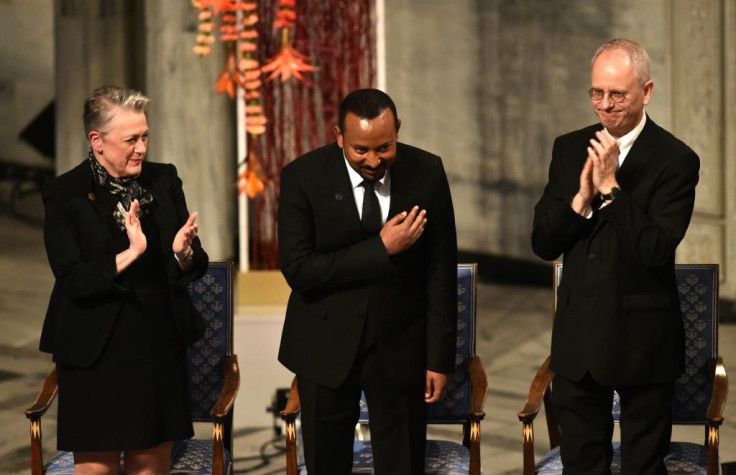
In the regional capital Mekele, some voters struck a defiant note as they waited to cast ballots.
"We want the federal government to take a lesson from this: They need to hold elections, too, so we can work together to build the country," said Hailay Haileselassie, a 37-year-old who works for a construction company.
More than 600 candidates from five parties are vying for 152 regional parliamentary seats, and the parties will decide how to allocate the remaining 38 seats at a later date, Muluwork said.
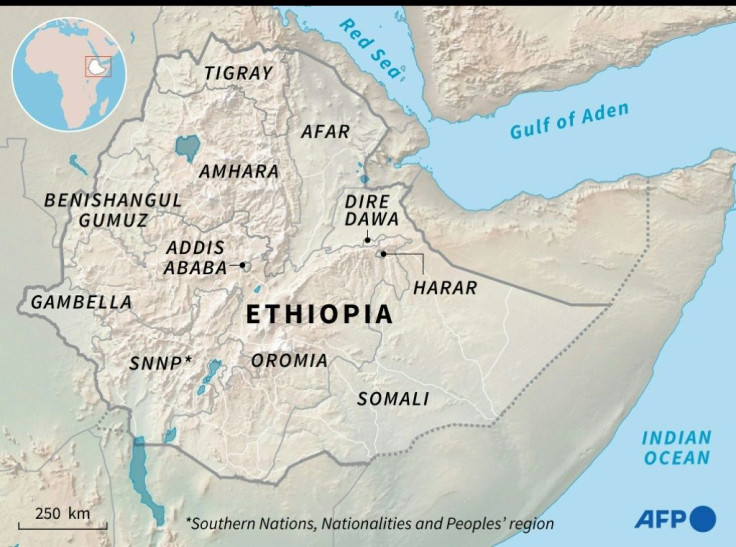
The heavy favourite Wednesday is the region's current ruling party, the Tigray People's Liberation Front (TPLF), which led the armed struggle to topple the brutal Derg regime in 1991 and went on to control the governing coalition that took over.
Though the TPLF has been sidelined under Abiy, it remains in command in Tigray, whose people make up six percent of Ethiopia's population of 110 million.
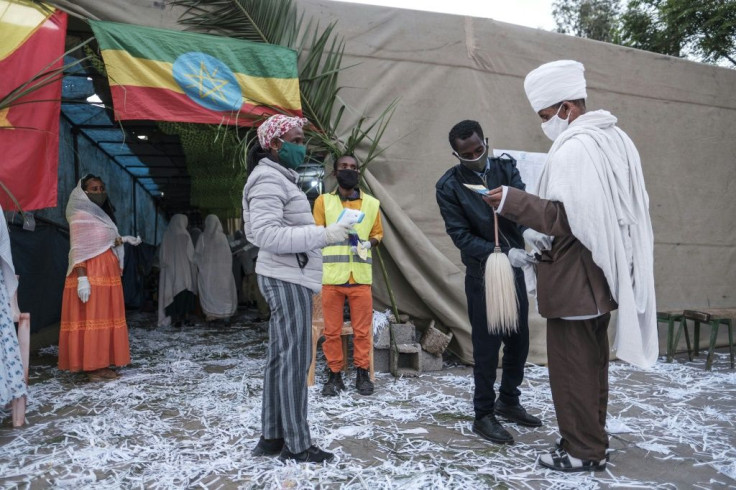
Hailu Kiros, 62, was one of many wheelchair-bound TPLF veterans who cast a vote on Wednesday morning.
"This is important for me. We fought for this, so that elections could be held every five years," he told AFP.
At least some younger voters also share this loyalty to the party.
Tsige Selemon, a 19-year-old garment worker and first-time voter, said she credited the TPLF for giving Tigrayans the right to pick their own leaders.
"This is the fruit of their struggle," she said.
The TPLF has so far refrained from calling for secession, saying it remains committed to keeping Ethiopia together.
Yet it is facing off against four other parties, one of which -- the Tigray Independence Party (TIP) -- is calling for Tigray to form its own country.
Party chairman Girmay Berhe told AFP Wednesday afternoon that voting seemed to be going smoothly, though he was concerned about some reports of "irregularities" in rural areas.
"Many voters are illiterate, and people are voting on their behalf. And honestly they are voting for the incumbent. We have reports of that from here and there," he said.
"In some cases our observers are not allowed to get into the polling station."
The elections in Tigray threaten to undermine Abiy at a time when his government is struggling to control ethnic violence in his native Oromia region and respond to attempts by ethnic groups in the south to form regions of their own.
It remains unclear whether Tigray will face federal retaliation for going ahead with the vote.
Abiy, winner of last year's Nobel Peace Prize, has previously ruled out a military intervention or budget cuts.
In an interview with state media Tuesday night, he resorted to metaphor to issue a vague threat.
"The election that will be held in Tigray is a shanty election," he said.
"Because those who construct a shanty don't have land deeds and are illegal dwellers, they don't sleep with their eyes closed."
© Copyright AFP 2024. All rights reserved.





















